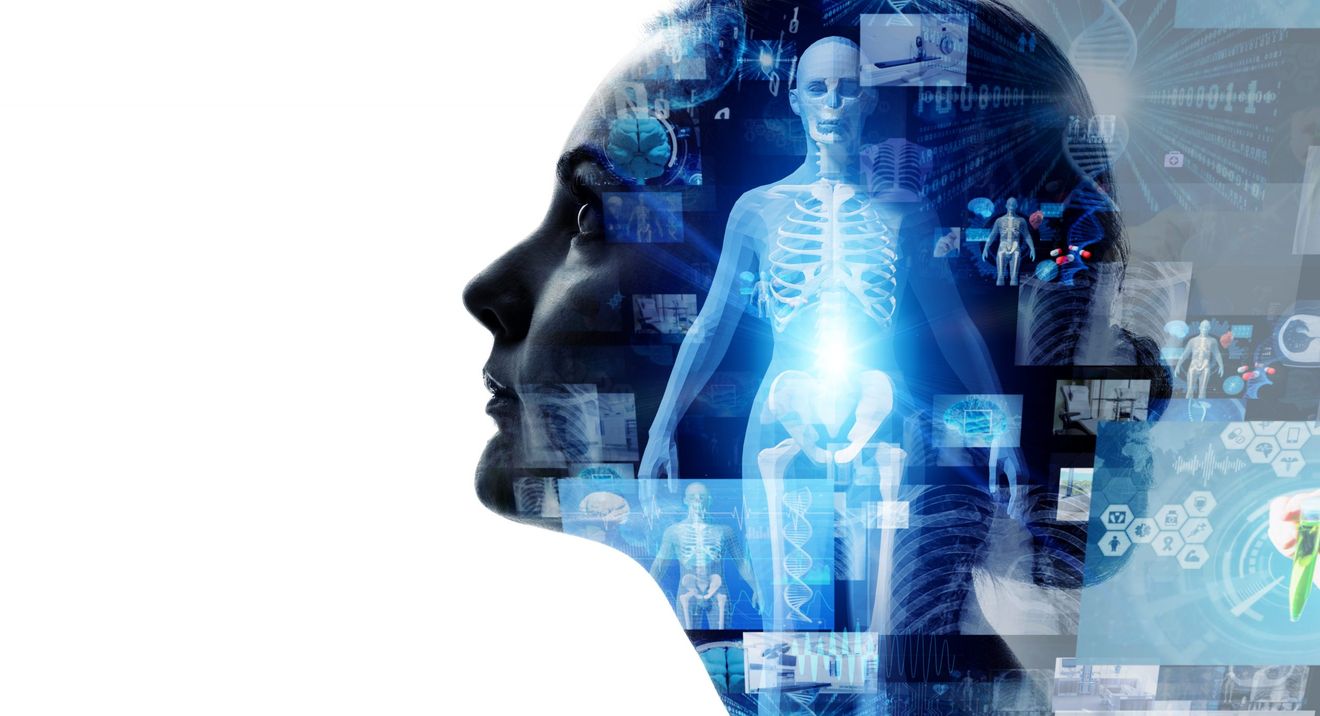The coronavirus crisis has led the medical and regulatory communities to fast-track medical treatments with a potential to help patients’ physical symptoms. At the same time, mental health issues have proliferated among front-line workers and within the broader population. Psychedelic medicine has the potential to support the mental health of our community at large. Making these treatments available more widely will require the intentional efforts of the medical and regulatory communities.
During the Covid-19 pandemic, healthcare systems across the world have struggled to handle the influx of patients and shortage of front-line medical workers. Even worse, physicians and researchers do not currently have effective therapies against the novel coronavirus.
This dire situation has resulted in the medical community rapidly adapting to manage the crisis. For example, in order to facilitate expanded access to medical care for patients, the Department of Human and Health Services and the Centers for Medicare and Medicaid Services have relaxed regulations surrounding telehealth on a “temporary and emergency basis,” particularly around privacy, payments, and prescribing. Because patients do not have time to wait for new Covid-19 therapies to undergo the usual decade-long FDA approval process, pharmaceutical companies and physicians all over the world have taken matters into their own hands to accelerate innovation and try experimental medicines. A great example is the FDA issuing an emergency-use authorization for remdesivir to treat hospitalized patients with severe Covid-19, despite limited clinical data that showed ambiguous efficacy. In a crisis, there is no other choice – the field of medicine must move quickly when its back is against the wall.
The pandemic’s impact is not limited to physical health: mental health during the pandemic has become an acute problem, and the pandemic is likely to bring about a long-lasting mental health crisis. For instance, the US national hotline providing emergency mental health assistance had received nearly nine times more calls than usual in early April, with government officials warning of an impending “mental health crisis.” Nearly half of adults in the US reported that Covid-19 had negatively impacted their mental health. Research has shown that disasters and disease can cause significant mental health effects (including depression and PTSD) that worsen over the months after the event.
The US already had a mental health crisis before the pandemic; now, the catastrophe has severely worsened. Just as the medical community and regulatory bodies rapidly adapted to a cataclysm in response to respiratory illness, so too these groups must quickly adapt to the mental health crisis. The medical and regulatory communities need to utilize the same acceleration of research and expanded access of experimental therapies to help everyone who needs it, especially because the number of mental health care providers is drastically low and antidepressants are notoriously ineffective.
Treatment protocols should be amended to minimize long periods of trial-and-error, and should instead focus on efficient, curative approaches. Psychedelic medicine is one such approach that should play an enhanced role, just as remdesivir has. The clinical data for psychedelic treatments for mental health (including ketamine, MDMA-assisted psychotherapy, and psilocybin) are more convincing than are the data supporting remdesivir to treat Covid-19.
The Multidisciplinary Association for Psychedelic Studies (MAPS) already received Expanded Access from the FDA to treat PTSD through MDMA-assisted psychotherapy, research which is currently in phase 3 clinical trials and which has earned the FDA’s Breakthrough Therapy Designation. This expanded access program should be quickly scaled up to include more PTSD patients in both the Covid-19 and post-pandemic eras. Psilocybin research for major depressive disorder – currently in phase 2 clinical trials with FDA Breakthrough Therapy Designation – should also be accelerated, and social distancing safeguards put in place to continue clinical trials quickly and safely. The FDA should work with clinical trial sponsors to revise data expectations given the likely aftermath of the pandemic. Ketamine treatment has already benefited from the relaxation of telemedicine rules, and these relaxed regulations should remain in effect after the pandemic is contained to alleviate lingering mental health impacts.
It is important for the medical, mental health, and psychedelic medicine communities to speak up and advocate for the use of innovative approaches to combat the crisis. Now is a perfect time to work towards de-stigmatization of psychedelic therapies and accelerate psychedelic medicine research for people who need it most. It is more important than ever to come together as a community and join our voices and perspectives. At Osmind, we launched an online community focused on treatment-resistant depression (TRD), related mental health disorders, and legal psychedelic medicine. Free for everyone, the community connects people who struggle with mental health, medical professionals, scientific researchers, academics, advocates, caregivers, and more.
This online community fills a pressing need during Covid-19. In addition to facilitating human-to-human connection and joining together to advocate for expanded access, we are offering a free directory of ketamine clinics and the services they offer during the pandemic (e.g. in-person care, telemedicine, e-prescribing). We also bring in special guests who join the community to participate in Ask-Me-Anything (AMA) events, post content, and answer questions. On April 29 we had our first AMA by a psychedelic medicine expert from Stanford University Medical Center, and on May 6 our second AMA featured a psychedelic medicine legal expert. Our AMAs happen nearly every Wednesday with experts in the field. We also provide evidence-based wikis reviewed by medical doctors and collaborative wikis collectively written by Community members.
Just as the medical community accelerated innovation during this crisis to combat Covid-19-induced respiratory illness, so the mental health, psychedelic, and medical communities must accelerate innovation to handle widespread pandemic-induced mental health issues. Psychedelic medicine is a prime candidate for accelerated research and patient access. We must work together to advocate for this in a legal, safe, and controlled manner.






